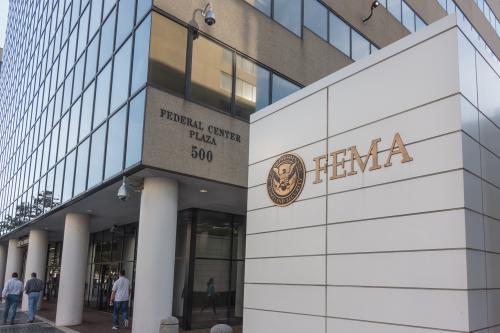Authors Include: Kenneth J. Arrow, Elizabeth E. Bailey, William J. Baumol, Jagdish Bhagwati, Michael J. Boskin, David F. Bradford, Robert W. Crandall, Maureen L. Cropper, Christopher DeMuth, George C. Eads, Milton Friedman, John D. Graham, Wendy L. Gramm, Robert W. Hahn, Paul L. Joskow, Alfred E. Kahn, Paul R. Krugman, Lester B. Lave, Robert E. Litan, Randall Lutter, Paul W. MacAvoy, Paul W. McCracken, James C. Miller III, William A. Niskanen, William D. Nordhaus, Wallace E. Oates, Peter Passell, Sam Peltzman, Paul R. Portney, Alice M. Rivlin, Milton Russell, Richard L. Schmalensee, Charles L. Schultze, V. Kerry Smith, Robert M. Solow, Robert N. Stavins, Joseph E. Stiglitz, Laura D’Andrea Tyson, W. Kip Viscusi, Murray L. Weidenbaum, Janet L. Yellen, Richard J. Zeckhauser.
Interest of Amici Curiae
This brief is being submitted on behalf of a group of economists. The purpose of the brief is not to attempt to guide the Court on legal issues but to inform it on economic ones. To put ourselves in the best possible position to offer the Court our expertise, we have tried to understand, in light of the legal task confronting the Court, where our own economic expertise might have a useful role to play.
To that end, we understand that the lawyers who brought this case framed the following question for the Court’s consideration: “Whether the Clean Air Act requires that the Environmental Protection Agency ignore all factors ‘other than health effects relating to pollutants in the air’” when setting National Ambient Air Quality Standards (NAAQS). We also understand that this question has arisen in part because the United States Court of Appeals in Washington, D.C., whose responsibility it is to review air quality standards issued by the Environmental Protection Agency (EPA), has interpreted the Clean Air Act as barring the EPA from even considering the potential costs of its air quality regulations.
The merits of this legal debate between the D.C. Circuit and the counsel who have contested the D.C. Circuit’s views are beyond the scope of our economic expertise and hence of this brief. Nonetheless, we respectfully offer the following observations with hopes that they may ultimately prove useful.





